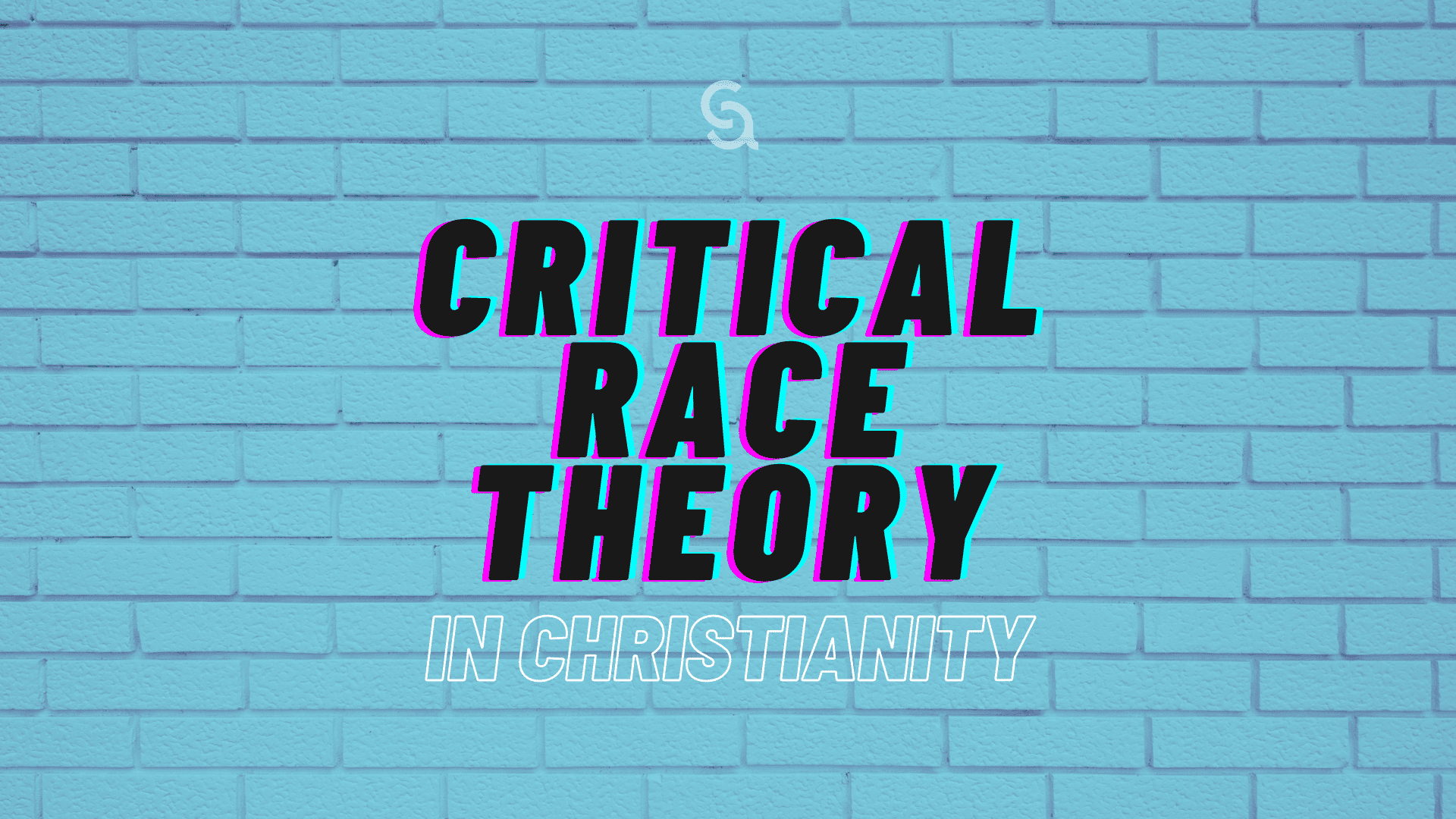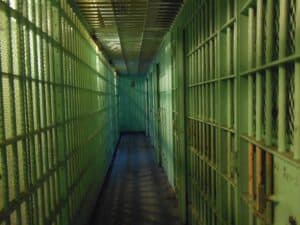As a practical response to the spiritual borderlands of institutional Christianity and Ethnic Studies, I propose a new academic project—that of Critical Race Theory in Christianity. To those who may be unfamiliar, Critical Race Theory (CRT) examines the intersection of race, racism, and U.S. law and policy. In other words, it looks at how U.S. laws and public policy have been manipulated and constructed over the years to preserve privilege for those considered “white” at the expense of people of color. For example, how did racism infect U.S. law and policy through slavery and Jim Crow segregation, and how does racism continue to cripple our legal, educational, political, corporate, and public health institutions? According to Richard Delgado and Jean Stefancic, “The critical race theory movement is a collection of activists and scholars interested in studying and transforming the relationship among race, racism, and power. The movement considers many of the same issues that conventional civil rights and ethnic studies discourses take up, but places them in a broader perspective that includes economics, history, context, group- and self-interest, and even feelings and the unconscious. Unlike traditional civil rights, which stresses incrementalism and step-by-step progress, critical race theory questions the very foundations of the liberal order, including equality theory, legal reasoning, Enlightenment rationalism, and neutral principles of constitutional law.”
Derrick Bell, Richard Delgado, and Alan Freeman were among the early progenitors of CRT, and the field has been developed in subsequent years by law professors Kimberle Crenshaw, Angela Harris, Ian Haney Lopez (my former prof at Boalt), Mari Matsuda, Kevin Johnson, Laura Gómez (my grad school mentor), and Cheryl Harris. CRT has continued to build as a burgeoning intellectual movement, and it has spawned offshoots within education, sociology, political science, and Ethnic Studies. Quite conspicuously, a formal movement of Critical Race Theory has not emerged within the realm of theology, though post-colonial theology may be considered a close second cousin.
 CRT has much to offer theological studies in terms of its incisive observations about the operation of race in U.S. legal history and policy. According to Delgado and Stefancic, the basic tenets of CRT include the following: 1. Racism is ordinary: “Racism is ordinary, not aberrational—‘normal science,’ the normal way society does business, the common, everyday experience of most people of color in this country.” 2. Interest convergence or material determinism: “Because racism advances the interests of both white elites (materially) and working-class Caucasians (psychically), large segments of society have little incentive to eradicate it.” 3. The Social Construction Thesis: “[R]ace and races are products of social thought and relations. Not objective, inherent, or fixed, they correspond to no biological or genetic reality…” 4. Voice of Color Thesis: “[B]ecause of their different histories and experiences with oppression, black, American Indian, Asian, and Latina/o writers and thinkers may be able to communicate to their white counterparts matters that the whites are unlikely to know.” Beyond these basic tenets, other central themes of CRT include intersectionality, legal indeterminacy, white privilege, whiteness as property, revisionist history, and legal storytelling. Although scholars of religion have much to learn from the rich ruminations of Critical Race Theory, I believe that the disciplines of theology and religious studies also have unique insights to offer.
CRT has much to offer theological studies in terms of its incisive observations about the operation of race in U.S. legal history and policy. According to Delgado and Stefancic, the basic tenets of CRT include the following: 1. Racism is ordinary: “Racism is ordinary, not aberrational—‘normal science,’ the normal way society does business, the common, everyday experience of most people of color in this country.” 2. Interest convergence or material determinism: “Because racism advances the interests of both white elites (materially) and working-class Caucasians (psychically), large segments of society have little incentive to eradicate it.” 3. The Social Construction Thesis: “[R]ace and races are products of social thought and relations. Not objective, inherent, or fixed, they correspond to no biological or genetic reality…” 4. Voice of Color Thesis: “[B]ecause of their different histories and experiences with oppression, black, American Indian, Asian, and Latina/o writers and thinkers may be able to communicate to their white counterparts matters that the whites are unlikely to know.” Beyond these basic tenets, other central themes of CRT include intersectionality, legal indeterminacy, white privilege, whiteness as property, revisionist history, and legal storytelling. Although scholars of religion have much to learn from the rich ruminations of Critical Race Theory, I believe that the disciplines of theology and religious studies also have unique insights to offer.
In her classic article, “Whiteness as Property,” Cheryl Harris persuasively argues that “whiteness” developed as a legal property interest in U.S. history and served as the basis for the inequitable distribution of socio-economic and political benefits. Those who possessed “whiteness” in the eyes of the law were viewed as full human beings and were entitled to citizenship, the right to vote, property ownership, etc. On the other hand, those excluded from the possession of whiteness by the courts were legally defined as “black” and viewed as chattel. According to Harris, “Slavery as a system of property facilitated the merger of white identity and property…Whiteness was the characteristic, the attribute, the property of free human beings.”
To build upon Harris’ analysis, one might also say that British, and other European imperial powers, misappropriated Christianity as an aspect of their legal property interest in whiteness. In their view, Christianity was their property, and to be Christian was to be white. They alone held the institutional and theological keys to the Kingdom of God, and that justified their colonial expansion over Africa, Asia, the Americas, and the Near East. According to the Doctrine of Discovery, Europeans could violently seize the lands of non-Christian ethnic groups of the world for purposes of religious conversion. Indeed, people of color throughout the globe were considered “fortunate” to receive salvation of their souls in exchange for the small price of their lands and temporal slavery.
From the springboard of the Doctrine of Discovery surfaced a slate of perverted religious doctrines used to justify European colonial expansion well into the twentieth century. These far-fetched theological doctrines included syncretistic Aristotelian notions of “natural slavery,” Manifest Destiny, mark of Cain theology, segregationist tower of Babel theology, and the manipulation of Kuyperian notions of sphere sovereignty to justify South African apartheid. At the core of all these twisted theologies was the implicit belief that Christianity belonged fundamentally to Europeans and their colonial descendants. As a consequence, the institutions of Christianity—individual congregations, denominational hierarchies, schools of theological education, and theology– were their property as well. In exchange for the proclamation of a Eurocentric gospel and the salvation of colored souls they could rule both Heaven and Earth—so they thought.
Today, very few would make the bold claim that Christianity is the property of whites alone. After all, Christianity is on the decline in Europe and among whites in America. Moreover, the Christian faith is experiencing rapid growth in Latin America, Asia, and Africa, and holding strong among Latinos, African Americans, and Asian Americans in the United States. The non-white numerical trajectory of global Christianity is not contested. At the same time, however, the institutional structures of Christianity in the United States remain firmly white. As in earlier times of de jure segregation, white male leadership continues to dominate over individual congregations, religious denominations, publishing houses, seminaries, and Christian colleges and universities. I do not doubt that the vast majority of these leaders possess good will, and in true sincerity do not harbor explicit racism. Some, in fact, hold a profound sense of racial consciousness and are aware of their white privilege. For many, however, their limited cultural lens does not allow them to see that the institutions of Christianity in America are still perceived by non-whites as largely the “property” of whites. These racial disparities, moreover, perpetuate the alienation of millions of Christians of color in the United States.
 Rev. Dr. Robert Chao Romero is “Asian-Latino,” and has been a professor of Chicana/o Studies and Asian American Studies at UCLA since 2005. He received his Ph.D. from UCLA in Latin American History and his Juris Doctor from U.C. Berkeley, and is also an attorney. Romero has published 15 academic books and articles on issues of race, immigration, history, education, and religion, and received the Latina/o Studies book award from the international Latin American Studies Association. He is also the author of Brown Church: Five Centuries of Latina/o Social Justice, Theology, and Identity. Romero is a former Ford Foundation and U.C. President’s Postdoctoral Fellow, as well as a recipient of the Louisville Institute’s Sabbatical Grant for Researchers.
Rev. Dr. Robert Chao Romero is “Asian-Latino,” and has been a professor of Chicana/o Studies and Asian American Studies at UCLA since 2005. He received his Ph.D. from UCLA in Latin American History and his Juris Doctor from U.C. Berkeley, and is also an attorney. Romero has published 15 academic books and articles on issues of race, immigration, history, education, and religion, and received the Latina/o Studies book award from the international Latin American Studies Association. He is also the author of Brown Church: Five Centuries of Latina/o Social Justice, Theology, and Identity. Romero is a former Ford Foundation and U.C. President’s Postdoctoral Fellow, as well as a recipient of the Louisville Institute’s Sabbatical Grant for Researchers.
Romero is an ordained pastor. Together with his wife, Erica, he is the co-founder of Jesus 4 Revolutionaries, a Christian ministry to activists, and a board member of the Matthew 25 Movement in Southern California. This article was originally published on Romero’s blog and is based upon an article first published in the Christianity Next Journal in Winter 2017. It is reproduced here by kind permission of the author.
- Read “The Christian Ethnics Studies Borderlands,” part 1 in this series.
- Read “Six Key Tenets of Critical Race Theory in Christianity,” part 3 in this series.


